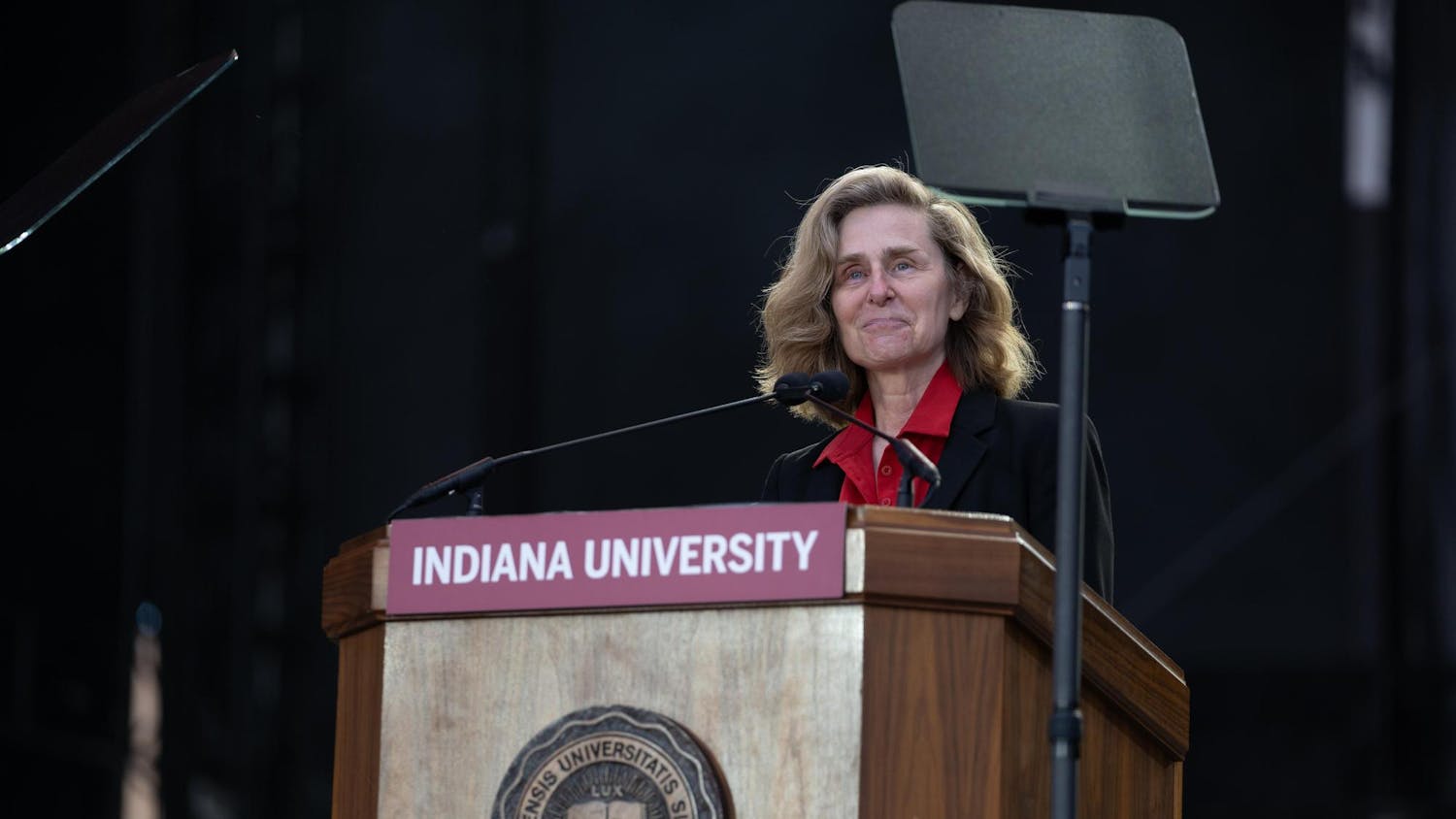It’s been one week since Republicans secured a full supermajority in the Indiana General Assembly, leaving Indiana Democrats effectively powerless against a unified GOP vote.
Election 2012 brought Republican membership in the state House of Representatives from 60 to 69 members, with Democrats down from 40 to 31 members. Republicans needed 67 seats to lock in the supermajority.
Republicans maintained their hold of the state senate with a 37-13 split. Thirty-three seats were needed to keep the supermajority.
Such high numbers of a single party creates a supermajority — a large mass of elected officials whose votes can override the votes of the minority group. That means Democrats will need to rely on bipartisanship to get any of their initiatives pushed through the legislature in the 2013-14 session. Leaving the state to break quorum, forcing a stalled legislature is no longer an option as it was during the right-to-work battle earlier this year.
“We’re prepared to work with Republicans,” said Jennifer Wagner, spokesperson for the Indiana Democratic Party. “They can do business without us. The Senate race shows us that Indiana and Hoosiers don’t like partisan agendas.”
Republicans don’t have to reach across the aisle to pass legislation, but it might just help them come 2014 said Andrew Downs, IU-Purdue University Fort Wayne assistant professor of political science and head of the Mike Downs Center for Indiana Politics.
Downs said the supermajority will allow Republicans to potentially move more legislation than usual, but it also opens the door to a larger and possibly more divided Republican presence.
“It’s a blessing and a curse,” Downs said. “It’s a curse in that if there can’t be or isn’t a true agreement among Republicans about which issues will be addressed, they’ll have trouble getting things done. If they’re too busy or if they push controversial legislation, it could cost them in the next election.”
Wagner said she believes Republicans will try to gain bipartisan support for legislation to find middle ground, as their own membership — many of which are new to the assembly — might not cohesively agree.
“If there’s a failure to agree on what’s best for Indiana, they’ve got no one else to blame,” she said.
Indiana Republican Party spokesperson Pete Seat said voters spoke on Election Day, saying they believe Republicans represent the right track.
“You travel around this state and the message is by and large the same,” he said. “Hoosiers support jobs creation and economic growth. They want a state that lives within its means.”
Some Democrats are concerned that their voice will be ignored.
Senior and IU College Democrats President Chris Babcock said he believes the supermajority will render Indiana Democrats ineffective.
“It means that a once nearly powerless minority is now a completely powerless minority,” Babcock said. “Which is an unfortunate thing, because we work on a two party system and what we have is a single party state.”
Focusing on the issues, Rick Dietz, chair of the Monroe County Democrats, said a variety of causes could suffer under a Republican supermajority.
“I don’t think it has implications just for Monroe County, the whole state will be impacted,” Dietz said in an email. “There will likely be continuing attacks on women’s health and equal treatment/civil rights for women, GLBTQ citizens and
minorities."
He said the social safety net, unions and public education could take a hit.
“Essentially Indiana will be the Tea Party’s playground,” he said.
Seat said he expects the Republicans in the statehouse will work together while acknowledging that not all Republicans will vote in the same way.
“By and large we’re one team with one goal with one focus,” Seat said. “That’s doing right by fellow Hoosiers, adding jobs and lowering taxes.”
Much legislation passes with a fair amount of bipartisan support at the state level though more controversial bills tend to be voted on by party lines, Downs said. He suggested the final vote on bills may not be the trend to watch, but rather how the supermajority chooses to prioritize its legislation.
“In the end, there’s a finite amount of time for legislation to be considered,” Downs said. “Leadership has to decide what gets heard.”
GOP supermajority secured in Ind. House, maintained in Senate
Get stories like this in your inbox
Subscribe



